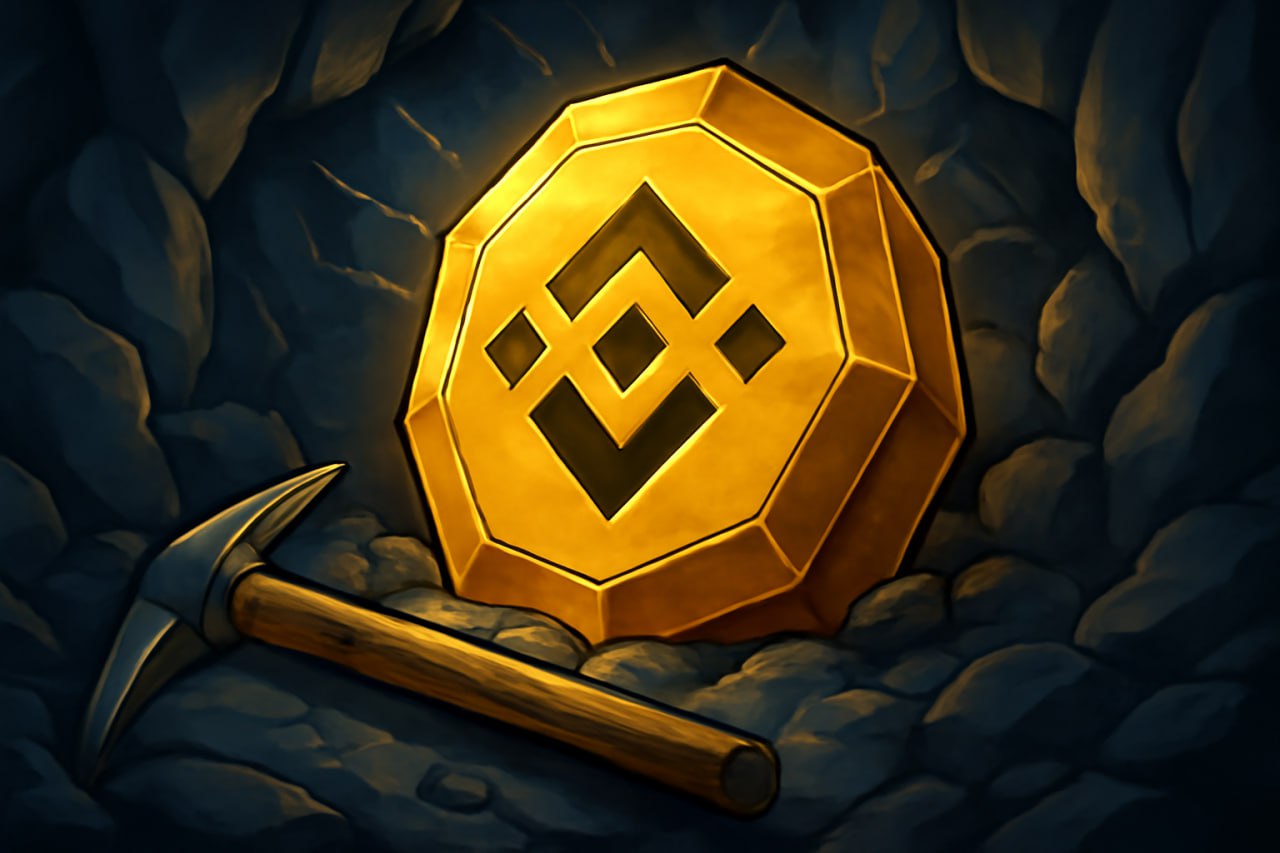1. What is a Crypto Wallet?
A crypto wallet is a digital tool that allows you to store, manage, and transact with cryptocurrencies. Unlike traditional wallets, which store physical currency, a crypto wallet stores the private and public keys needed to access and manage your digital assets. These keys are crucial for the secure handling of your cryptocurrency, and losing them can mean losing access to your funds.
2. Types of Crypto Wallets
Crypto wallets come in various forms, each with its own advantages and disadvantages. Here are the main types:
2.1. Hardware Wallets
Hardware wallets are physical devices that store your private keys offline. They are considered one of the most secure options for storing cryptocurrencies because they are immune to online hacks. Popular hardware wallets include:
-
Ledger Nano S: A widely used hardware wallet known for its security features and support for multiple cryptocurrencies.
-
Trezor Model T: Offers advanced security features and an easy-to-use interface, making it a favorite among crypto enthusiasts.
2.2. Software Wallets
Software wallets are applications or programs that store your private keys on your device. They come in three main types:
-
Desktop Wallets: Installed on your computer, these wallets offer high security but require regular updates and backups. Examples include Electrum and Exodus.
-
Mobile Wallets: Designed for smartphones, these wallets offer convenience and mobility. Popular options include Trust Wallet and Mycelium.
-
Web Wallets: Accessible via a web browser, these wallets are convenient but less secure than other types. Examples include Coinbase Wallet and Blockchain.info.
2.3. Paper Wallets
Paper wallets are a physical document containing your private and public keys. It is a highly secure form of cold storage, as it is completely offline. However, paper wallets require careful handling and protection from physical damage or loss.
2.4. Custodial Wallets
Custodial wallets are provided by third-party services, such as cryptocurrency exchanges. These wallets hold your private keys on your behalf, offering convenience but requiring trust in the service provider. Examples include wallets provided by Binance and Kraken.
2.5. Non-Custodial Wallets
Non-custodial wallets give you full control over your private keys. They are considered more secure than custodial wallets but require more responsibility on your part. Examples include MetaMask and Atomic Wallet.
3. Key features to consider in a Crypto Wallet
When choosing a crypto wallet, several key features should be considered to ensure it meets your needs and provides adequate security. Here are some critical factors to evaluate:
3.1. Security
Security is paramount when it comes to crypto wallets. Look for wallets that offer strong security features, including:
-
Two-factor authentication (2FA): Adds an extra layer of security by requiring two forms of verification.
-
Multi-signature support: Requires multiple approvals before a transaction can be executed.
-
Backup and recovery options: Ensure you can recover your wallet if you lose access to your device.
3.2. User-friendly interface
A wallet with an intuitive and user-friendly interface makes managing your cryptocurrencies easier, especially for beginners. Look for wallets that provide clear instructions and a straightforward user experience.
3.3. Fees
Consider the fees associated with using the wallet. Some wallets charge transaction fees, while others may have additional costs for certain features.
3.4. Compatibility
Ensure the wallet supports the cryptocurrencies you intend to use. Some wallets support a wide range of cryptocurrencies, while others are limited to specific coins.
3.5. Control over private keys
For maximum security, choose a wallet that gives you full control over your private keys. This means you, and only you, can access your funds.
3.6. Community and support
A strong community and responsive customer support can be invaluable, especially if you
encounter issues or need assistance. Check for active communities on platforms like Reddit and comprehensive support options from the wallet provider.
3.7. Development and updates
Regular updates and active development are signs of a reliable wallet. Ensure the wallet you choose is actively maintained to keep up with security threats and technological advancements.
3.8. Open source vs. Closed source
Open-source wallets allow the community to inspect and verify the code, enhancing transparency and security. Closed-source wallets may not offer the same level of transparency but can still be secure if provided by reputable companies.
4. Step-by-Step guide to find the right crypto wallet
Finding the right crypto wallet involves assessing your needs and comparing different options. Here’s a step-by-step guide to help you make an informed decision:
Step 1: Determine your needs
Consider what you need from a crypto wallet. Are you looking for long-term storage, frequent trading, or ease of use on the go? Your specific requirements will help narrow down the options.
Step 2: Research different wallets
Explore the various types of wallets available and read reviews from other users. Pay attention to the features, security measures, and compatibility of each wallet.
Step 3: Evaluate security features
Ensure the wallet you choose offers robust security features to protect your funds. Look for wallets with 2FA, multi-signature support, and strong encryption.
Step 4: Check compatibility
Verify that the wallet supports the cryptocurrencies you plan to use. Some wallets are designed for specific coins, while others offer broad support for multiple cryptocurrencies.
Step 5: Consider ease of use
Choose a wallet with a user-friendly interface that suits your level of experience. If you’re a beginner, look for wallets with clear instructions and helpful guides.
Step 6: Compare fees
Review the fee structure of each wallet. While some wallets offer free transactions, others may charge fees for certain features or transactions.
Step 7: Test customer support
Check the availability and responsiveness of customer support. Good customer support can be crucial if you encounter any issues or need assistance.
Step 8: Make your decision
Based on your research and evaluation, choose the wallet that best meets your needs. Download or purchase the wallet, follow the setup instructions, and start managing your crypto assets securely.
5. Popular Crypto Wallets and their features
Here are some of the most popular crypto wallets, along with their features and benefits:
5.1. Ledger Nano X
-
Type: Hardware Wallet
-
Security: State-of-the-art security with a secure element chip and Bluetooth connectivity.
-
Supported Cryptocurrencies: Over 1,500 cryptocurrencies.
-
Features: Easy-to-use mobile app, secure offline storage, multi-signature support.
5.2. Trust Wallet
-
Type: Mobile Wallet
-
Security: Open-source code, two-factor authentication.
-
Supported Cryptocurrencies: Over 160,000 assets, including NFTs.
-
Features: User-friendly interface, built-in DApp browser, staking options.
5.3. MetaMask
-
Type: Web Wallet
-
Security: Seed phrase backup, hardware wallet integration.
-
Supported Cryptocurrencies: Primarily Ethereum and ERC-20 tokens.
-
Features: Browser extension, easy access to decentralized applications (DApps), integration with hardware wallets.
5.4. Exodus
-
Type: Desktop and Mobile Wallet
-
Security: Private keys stored locally, backup and restore options.
-
Supported Cryptocurrencies: Over 100 cryptocurrencies.
-
Features: Intuitive interface, built-in exchange, 24/7 customer support.
5.5. Trezor Model T
-
Type: Hardware Wallet
-
Security: Advanced security features, touchscreen interface.
-
Supported Cryptocurrencies: Over 1,600 cryptocurrencies.
-
Features: Easy backup and recovery, supports multiple accounts, integrates with various third-party apps.
6. Tips for safeguarding tour crypto wallet
Once you've chosen a crypto wallet, it's essential to take steps to safeguard your assets. Here are some tips to enhance your wallet's security:
-
Keep your private keys secure
Never share your private keys with anyone and avoid storing them in easily accessible or online locations. Consider using a hardware wallet for added security.
-
Use strong passwords
Use strong, unique passwords for your wallet and any associated accounts. Avoid using easily guessable passwords or reusing passwords from other accounts.
-
Enable two-factor authentication
Enable two-factor authentication (2FA) wherever possible to add an extra layer of security to your wallet.
-
Regularly update your wallet
Keep your wallet software up to date to ensure you have the latest security patches and features.
-
Backup your wallet
Regularly back up your wallet and store the backup in a secure location. This will allow you to recover your funds if you lose access to your wallet.
-
Be cautious of phishing attacks
Be wary of phishing attacks and avoid clicking on suspicious links or downloading unknown files. Always verify the authenticity of websites and emails before entering sensitive information.
7. Conclusion
Choosing the right crypto wallet is essential for the secure and efficient management of your digital assets. By understanding the different types of wallets available and considering key features such as security, compatibility, and user experience, you can find a wallet that meets your needs. Follow the step-by-step guide to evaluate and compare different options, and consider some of the top crypto wallets mentioned in this article to get started. With the right wallet, you can confidently manage your cryptocurrencies and take advantage of the many opportunities in the digital finance world.
Read more:


 Tiếng Việt
Tiếng Việt.jpg)
















